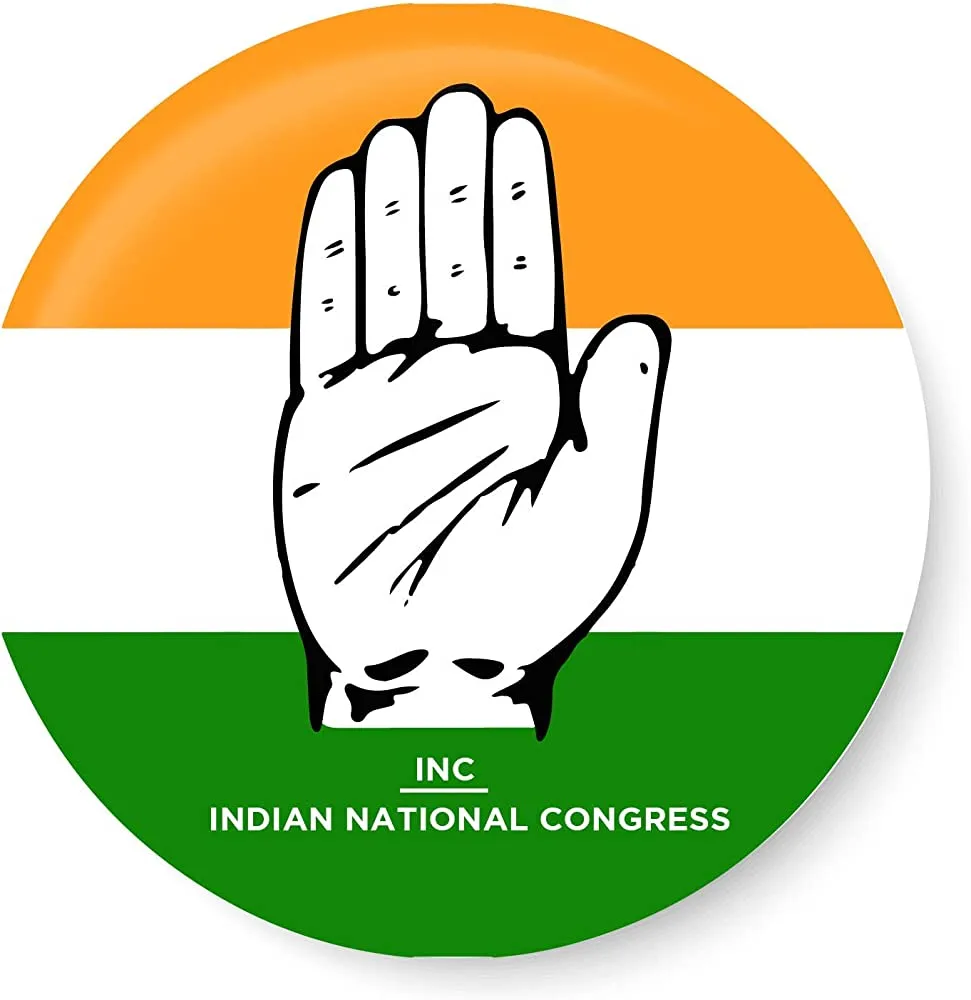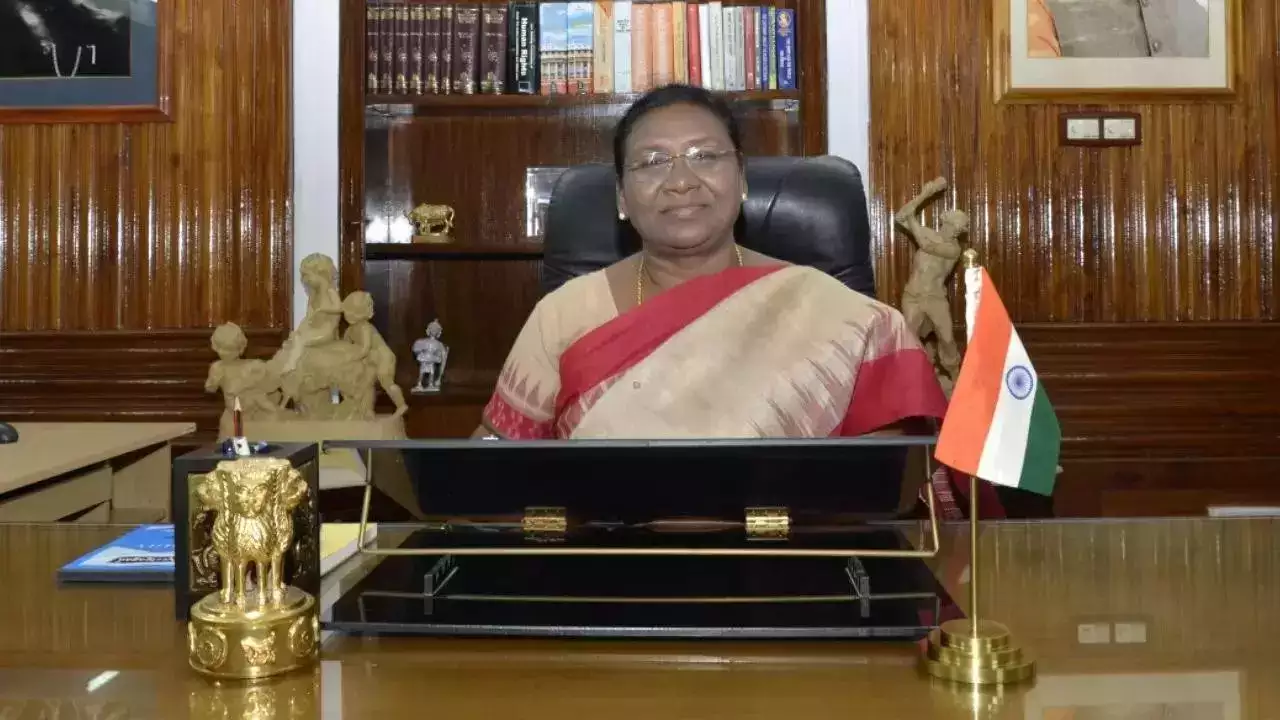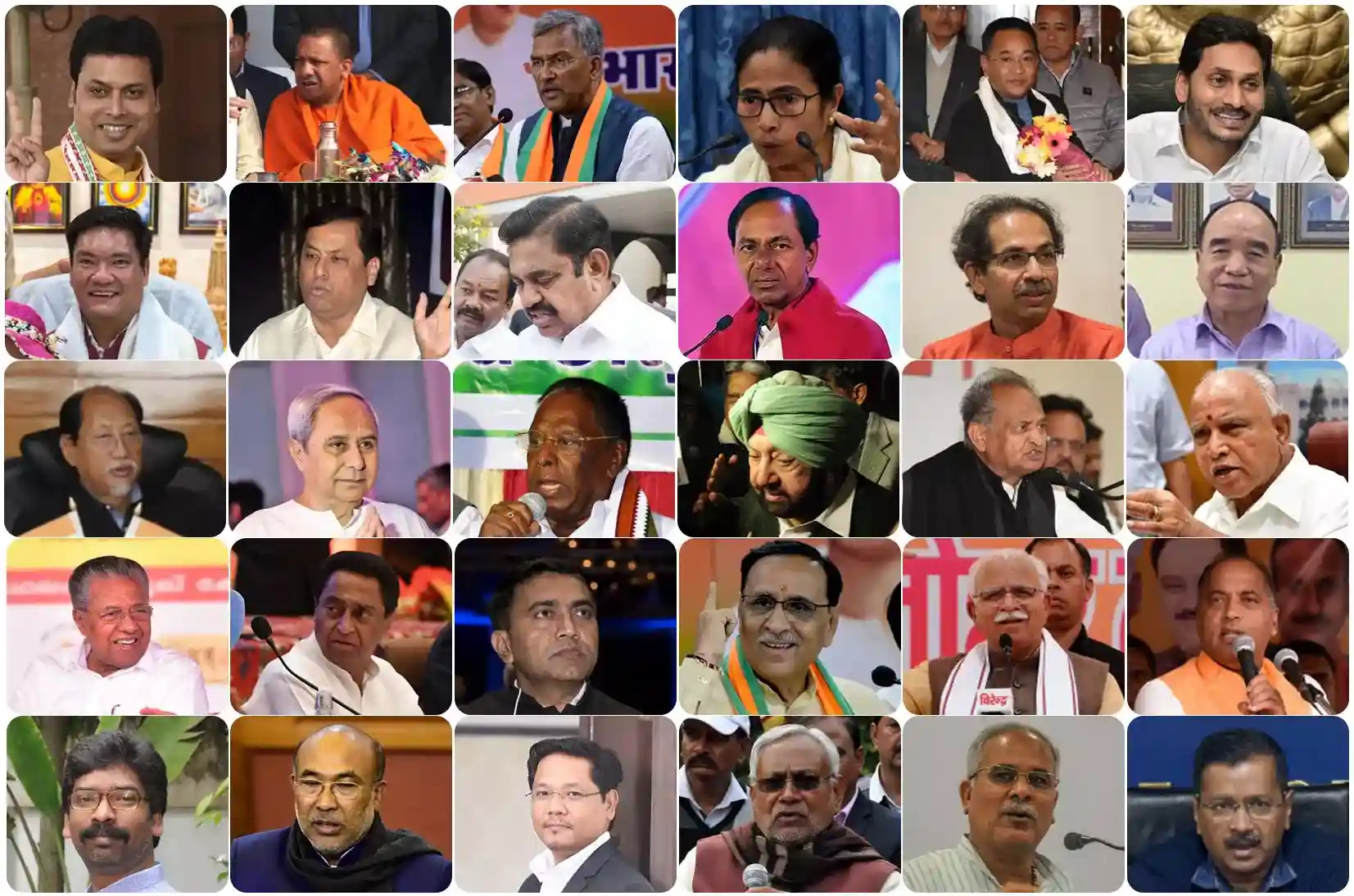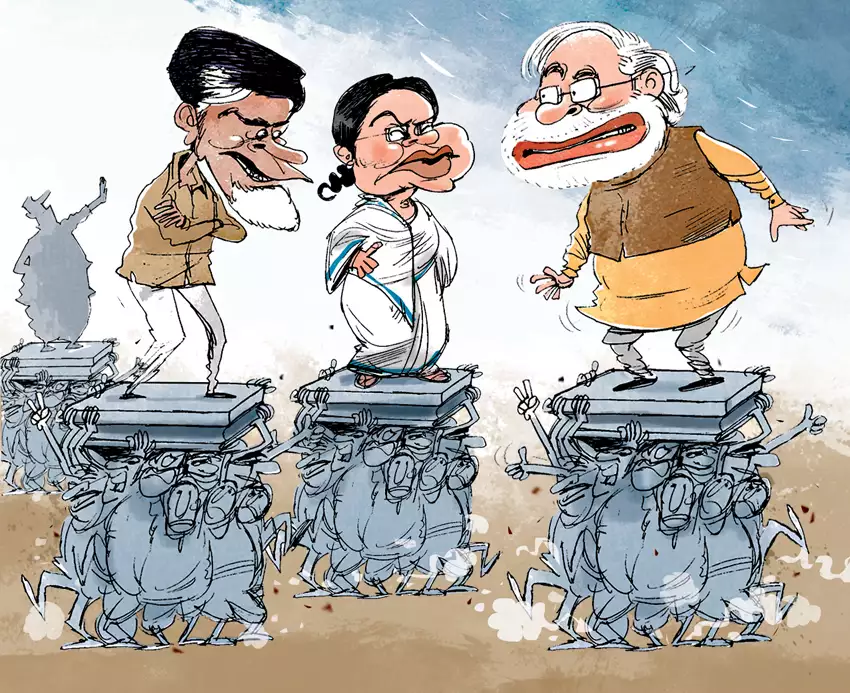Introduction: The Indian National Congress (INC) holds a significant place in India’s political landscape, deeply rooted in the country’s struggle for independence and subsequent democratic journey. Established in 1885, the INC played a pivotal role in shaping India’s political, social, and economic landscape. This article delves into the rich history, key contributions, challenges, and the present-day relevance of the Indian National Congress.
- The Birth and Early Years: The Indian National Congress was founded with the aim of uniting diverse sections of society to fight for India’s independence from British colonial rule. Prominent leaders like A.O. Hume, Dadabhai Naoroji, and Surendranath Banerjee led the early years of the Congress, laying the foundation for a united struggle against British imperialism.
- Role in the Freedom Movement: Under the leadership of Mahatma Gandhi, the Indian National Congress embraced non-violent resistance as its guiding principle. The party mobilized millions of Indians in the freedom struggle through movements like the Salt Satyagraha, Quit India Movement, and Civil Disobedience Movement. The INC’s relentless efforts, combined with the support of the masses, eventually led to India’s independence on August 15, 1947.
- Nation-Building and Social Reforms: After independence, the Indian National Congress took charge of nation-building. The party played a vital role in drafting the Indian Constitution, establishing a democratic framework, and ensuring the rights and freedoms of its citizens. It introduced significant social reforms such as land redistribution, affirmative action for marginalized communities, and the promotion of education and healthcare.
- Leadership and Transformative Policies: Over the years, the Indian National Congress has witnessed numerous leaders who have left an indelible mark on Indian politics. From Jawaharlal Nehru’s vision of a secular and socialist India to Indira Gandhi’s leadership during challenging times, the party’s leaders have spearheaded transformative policies in diverse areas such as industrialization, agriculture, foreign policy, and social justice.
- Challenges and Adaptation: The Indian National Congress has faced several challenges throughout its existence. Internal factionalism, electoral setbacks, and changing political dynamics have tested the party’s resilience. However, the INC has consistently adapted to the evolving political landscape by embracing new ideologies, coalition politics, and connecting with the aspirations of a young India.
- Present-Day Relevance: Despite the emergence of new political parties, the Indian National Congress remains a significant force in Indian politics. It continues to champion the cause of inclusive growth, social justice, and secularism. The party emphasizes the importance of welfare programs, women’s empowerment, and grassroots democracy. With a strong presence in both national and state politics, the Congress plays a vital role as a key opposition party.
Conclusion: The Indian National Congress has played a pivotal role in shaping India’s democratic journey, from its inception during the freedom struggle to its present-day significance in the political landscape. As India continues to navigate complex challenges and aspirations, the Congress party stands as a custodian of democratic values and the voice of the people. With its storied history, the Indian National Congress remains a beacon of hope, striving for an inclusive and prosperous India.
![]()





